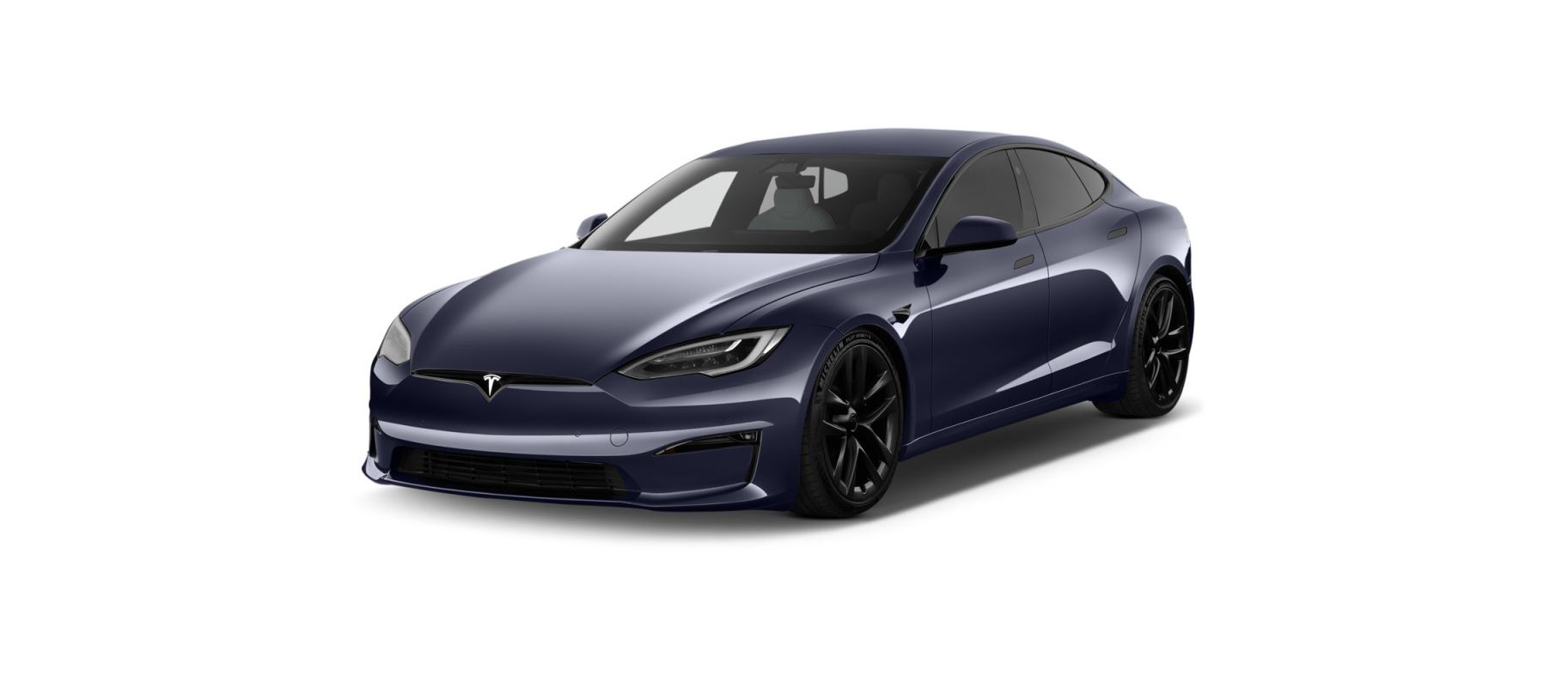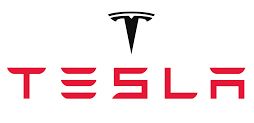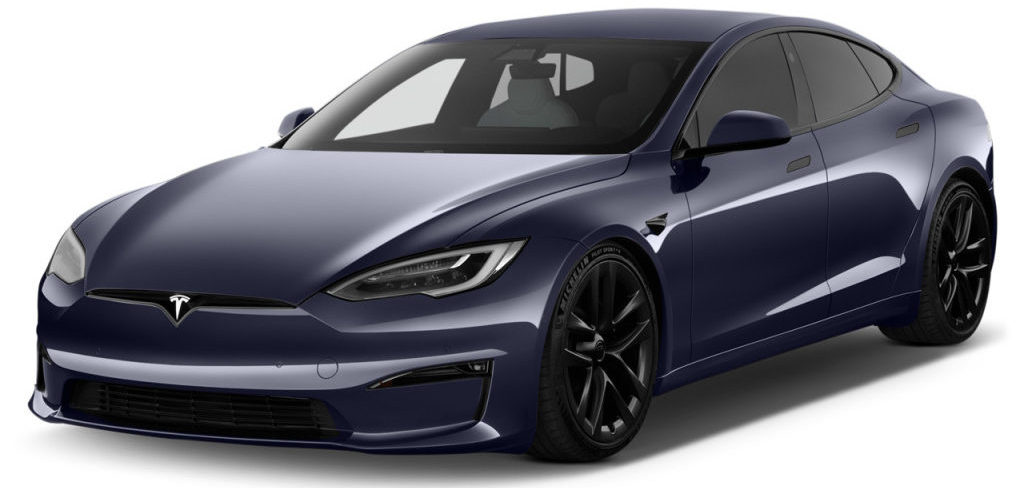To save and retrieve video footage, Model S requires a USB flash drive formatted as exFAT, MS-DOS FAT (for Mac), ext3, or ext4 (NTFS is currently not supported). For use with Dashcam and Sentry Mode, the flash drive must contain a base-level folder called TeslaCam and for use with Track Mode (if equipped), the flash drive must contain a base-level folder called TeslaTrackMode.
Model S can format a USB flash drive for you. Insert the flash drive into a front USB port, and touch . Doing so automatically formats the drive as exFAT and creates a folder for TeslaCam and TeslaTrackMode (if equipped). The USB flash drive is now ready to record and save video footage. Format USB Drive is available only when a USB flash drive (with one or fewer partitions) is inserted into a front USB port. Choosing a Format USB Drive erases any existing content on the flash drive—before using this feature, you must move any content you want to keep to a different device.
If Model S is unable to format the flash drive, you must format it using a computer. Remember to manually create the TeslaCam folder, and the TeslaTrackMode folder (if equipped).
You can also format the USB flash drive with a computer to use a single flash drive for Dashcam, Sentry Mode, Track Mode (if equipped), and audio files. Create separate partitions on the drive formatted as exFAT; for example, one for Dashcam and Sentry Mode (you must create the TeslaCam folder), one for Track Mode (create the TeslaTrackMode folder), and an audio partition.
Once the USB flash drive is formatted and contains the necessary folder(s), insert it into a front (or glovebox, if equipped) USB port. Do not use a rear USB port— these are used only to charge USB devices. Once inserted, it can take up to 15 seconds for Model S to recognize the flash drive. When recognized, icons for Dashcam and Sentry Mode are available when you touch Controls and your vehicle is ready to record videos. You may need to first enable Sentry Mode (if equipped) by touching .






